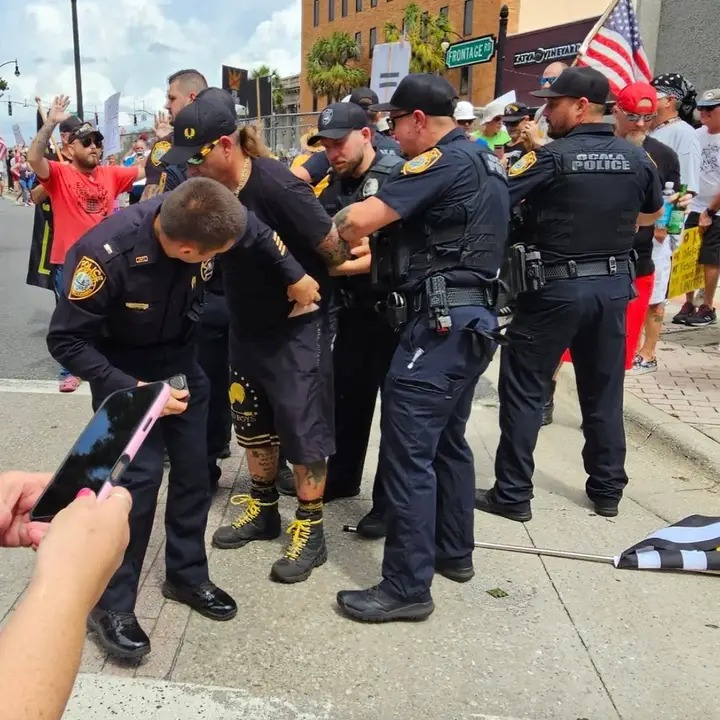In a deeply troubling case, a 19-year-old U.S. citizen with learning disabilities was wrongfully arrested and held for 10 days by Border Patrol agents in Arizona. Jose Hermosillo, who cannot read and struggles with comprehension, had approached an immigration officer for help after suffering a medical emergency. He was hoping to return to his temporary lodging after being released from the hospital, but the situation quickly spiraled into an unjust detainment that contradicted his rights as a citizen. Despite clearly stating that he was born in the United States, Hermosillo was accused of being in the country illegally and forced to sign documents he could not understand.
The incident occurred on April 8 in Tucson, where Hermosillo had traveled to visit his girlfriend’s family. After experiencing a seizure and being transported to the hospital without identification, he sought help from a nearby Border Patrol officer. Instead of assisting him, the officer accused him of being undocumented and questioned his origins. Hermosillo recalled the officer rejecting his explanation that he was from New Mexico, insisting he must be lying and was actually from Mexico. The young man was then instructed to sign a transcript of the encounter, which authorities later claimed included a confession to illegal entry. However, Hermosillo’s inability to read and his history of simply agreeing to things he doesn’t fully grasp suggest that he had no idea what he was signing.
According to statements from his girlfriend, Grace Hernandez, Hermosillo has significant cognitive challenges and never completed high school. She emphasized that he often says “yes” to avoid conflict or confusion, and he could have unknowingly signed anything. During his 10-day detainment at Florence Correctional Center, Hermosillo was placed in a crowded, cold cell with 15 other men—many of whom were sick. He himself contracted the flu and was denied medication. The psychological toll was immense, with Hermosillo recounting persistent nightmares and feelings of entrapment even after his release.
It wasn’t until his family submitted proof of his citizenship—including his birth certificate and Social Security card—that Hermosillo was finally let go. Notably, he had already informed the judge of his citizenship just two days into his detention, yet he remained in custody for an additional week due to a delay requested by the prosecution. His experience highlights the dangerous consequences of procedural negligence and racial profiling by immigration enforcement, which has intensified in recent years. Hermosillo’s case is not isolated; others with legal status or citizenship have also found themselves wrongfully caught in the aggressive immigration dragnet.
The broader implications are alarming. The current administration’s hardline stance on immigration has not only led to widespread detentions and deportations but has also seen instances where individuals simply vanish after being taken into custody. One such example is Ricardo Prada Vásquez, a Venezuelan immigrant who disappeared without a trace after being detained in Detroit. Friends last heard from him in March, yet government records fail to show his deportation or incarceration, raising concerns of unlawful disappearance. These stories paint a picture of a system where due process is routinely bypassed, and the basic rights of individuals—citizens or not—are too easily dismissed in the name of enforcement.



